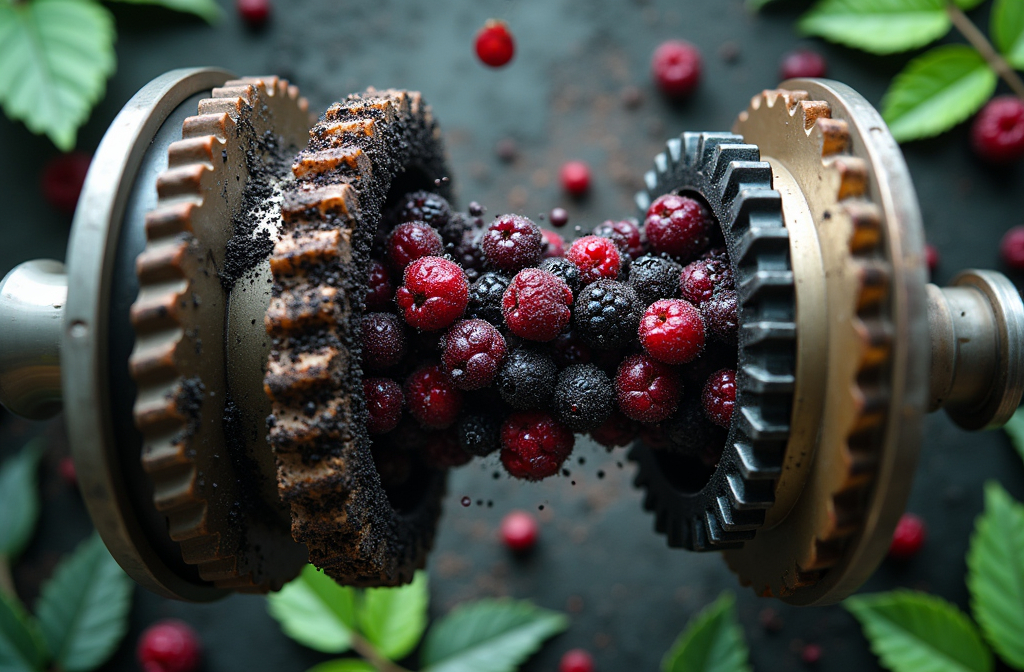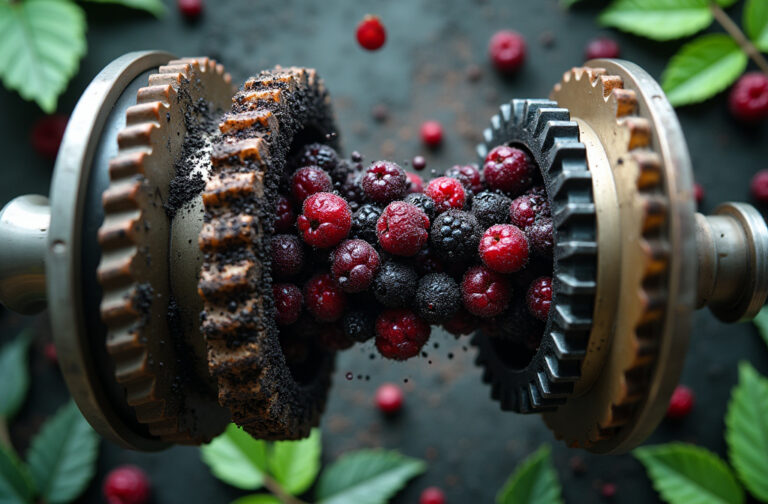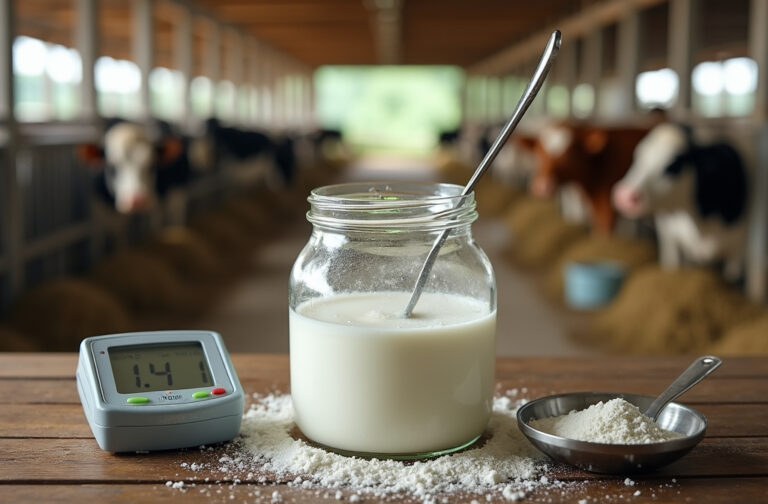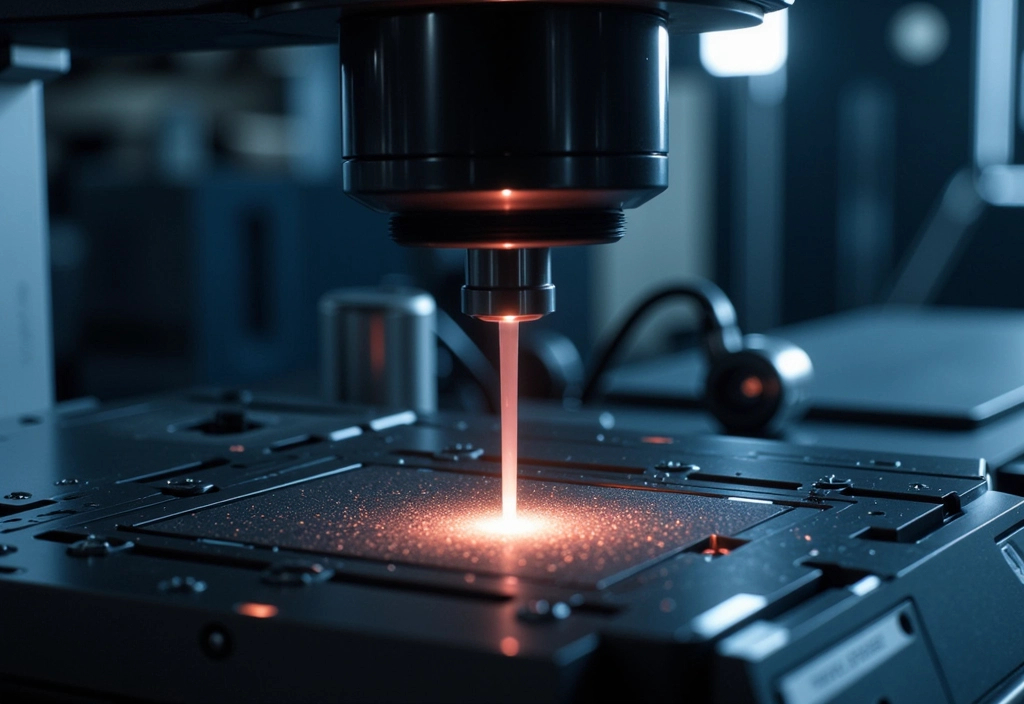Chokeberries in Your Engine? Yes, and It’s Actually Brilliant
When you hear the word “chokeberry,” you probably think of a health drink or vitamin supplement. But now, scientists in Poland have discovered a brand-new role for this powerful fruit—helping machines run smoother, longer, and more sustainably.
Researchers have found that biochar—a carbon-rich material made by heating organic matter like chokeberries—can dramatically boost the performance of plant-based lubricants. These lubricants are already eco-friendly alternatives to petroleum-based greases used in engines and machines, but they often struggle to match traditional performance. Until now.
Why Should You Care?
If you’ve never thought about what’s inside the grease that keeps your car, bike, or manufacturing machinery running, you’re not alone. But grease is essential—it reduces friction, prevents metal parts from wearing out, and helps machines last longer. And now, thanks to this research, it can do all that without harming the environment.
Here’s what makes this discovery exciting:
- Eco-Friendly Innovation: The new lubricants are made using rapeseed oil and chokeberry waste—turning agricultural leftovers into high-performance materials.
- Stronger, Smarter Lubricants: By adding just 3–5% of chokeberry biochar, the lubricants perform better than those using commercial activated carbon. They resist wear, reduce damage under stress, and even handle high heat and pressure.
- Sustainable Industry Booster: This tech isn’t just green—it’s practical. It can be used in everything from factory equipment to food processing machines.
How It Works (Without Getting Too Technical)
The team used a process called pyrolysis—basically heating chokeberries in a special oven without oxygen—to create a powdery form of carbon called biochar. This substance, when mixed into vegetable-based grease, changed its structure in powerful ways:
- Machines had less wear and tear
- Grease became thicker and more stable under pressure
- It even worked better at low temperatures, which is important when starting cold engines
They tested these new lubricants against standard ones using a variety of industry machines and measurement tools. The chokeberry-based versions didn’t just hold up—they often outperformed the old stuff.
Why This Matters for the Future
This isn’t just a cool lab experiment. Poland alone produces up to 60,000 tons of chokeberries annually—creating lots of waste. Turning that into high-tech lubricants solves two problems at once: waste management and the need for cleaner industrial materials.
Imagine a future where:
- Tractors run on lubricants made from leftover berries
- Factories reduce their environmental impact just by switching grease
- Food-safe, biodegradable lubricants become the norm in kitchens and industries
It’s a small shift with big implications.
Bottom Line:
The next time you hear someone talk about machine grease, tell them about chokeberries. What was once fruit waste is now a game-changing ingredient in the push toward greener, more efficient machines. It’s innovation that doesn’t just reduce carbon footprints—it’s made of carbon itself.
Check out the cool NewsWade YouTube video about this article!
Article derived from: Kozdrach, R., Radulski, P. Application of chokeberry biochar as a modified additive to the vegetable lubricants: the tribological and rheological properties. Sci Rep 15, 3964 (2025). https://doi.org/10.1038/s41598-025-87374-0















